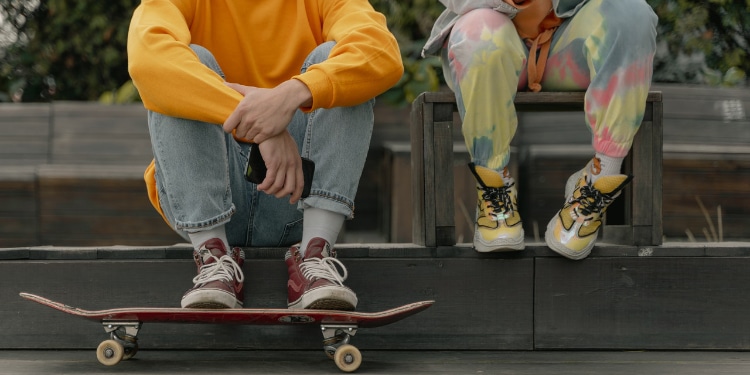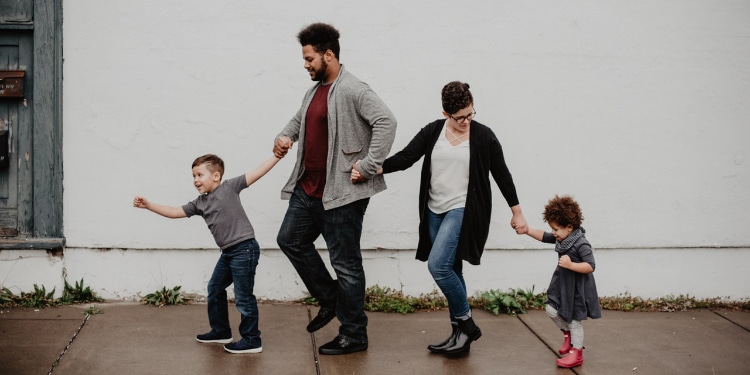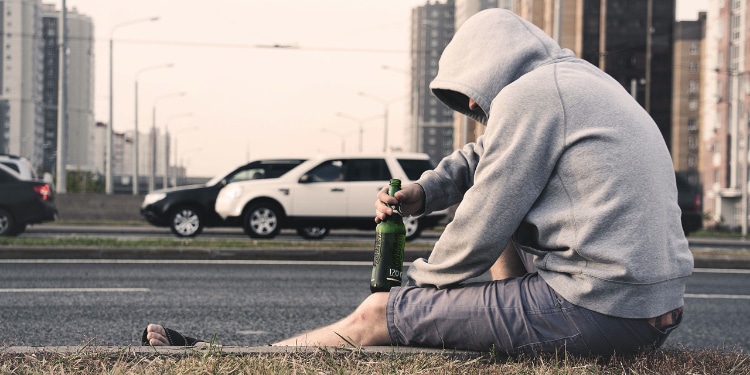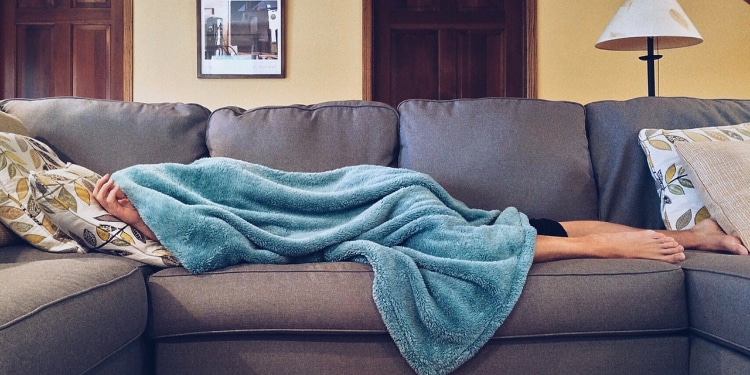











“Online consultations, especially via video chat, can provide a feasible alternative to deliver psychological care & therapy during the pandemic”

The World Health Organization (WHO) has issued a warning about the Covid-19 crisis, linking the extremely negative impact on people’s mental health and well-being, with the severe restrictive measures that many countries have had to impose due to the frightening number of infected people and loss of life.
Hans Kluge, the director of the European branch of the WHO, stated: “Isolation, physical distancing, the closure of schools and workplaces are challenges that affect us, and it is natural to feel stress, anxiety, fear and loneliness at this time.” Indeed, experts from across the world are voicing their concerns that it is crucial to: “consider the effects of this pandemic on the mental health of people – while simultaneously providing psychological support for the general public,” during this very trying period when more and more of us are forced to stay at home in isolation or quarantine, due to a proven or potential Covid-19 infection.
Delivering the cold truth of the matter, while urging countries to ready their medical services for the general public’s mental health, Kluge remarked: “This is not going to be a sprint, but a marathon.” Moreover, Virgine De Vos, the well known behavioural psychologist, is quite rightly concerned that: “this crisis could generate symptoms of depression or lack of participation over the next weeks.”
Furthermore, from her perspective, one of the biggest issues affecting our mental well-being, is the lack of diagnosis and testing. She noted: “A lot of people who have symptoms cannot be tested so they do not know if they have coronavirus or not. This [uncertainty] can have a very negative impact on people’s mental health.” Clearly, this can be extremely hard for families and friends who are living together, and worried about infection.
This highly respected federation, has stated that: “Online consultations, particularly via video chat, can provide a feasible alternative to deliver psychological care and therapy during this pandemic.”
Furthermore, Aiysha Malik, a World Health Organization mental health expert, who thinks that children and health workers are among the groups that are most psychologically affected by this epidemic, is quite resolute in stating that: “Mental health should be part of the public health response to Covid-19.”
Indeed, there is little doubt that closure of schools, coupled with the fallout of the pandemic, can negatively affect youngsters’ mental health. The structure provided by their schools has vanished, and being on social media and in front of a screen all day and evening, which in many cases is their favorite pastime, is certainly not congenial to good mental health, if they only have a few short breaks. To that end, reading printed books, and physical writing can be a good idea.
Twelve professional health organisations in Europe have recently issued the following advice: “Staff must have breaks and time off between shifts, to be able to carry on in what could be a long-term global crisis. Working in such conditions takes its toll on the psychological health of staff, so appropriate support services must also be put in place.” On that note, let us be mindful of the wonderful job and selflessness of all the medics across the world, who are putting their own lives at risk during this unprecedented time. We wholeheartedly thank you…